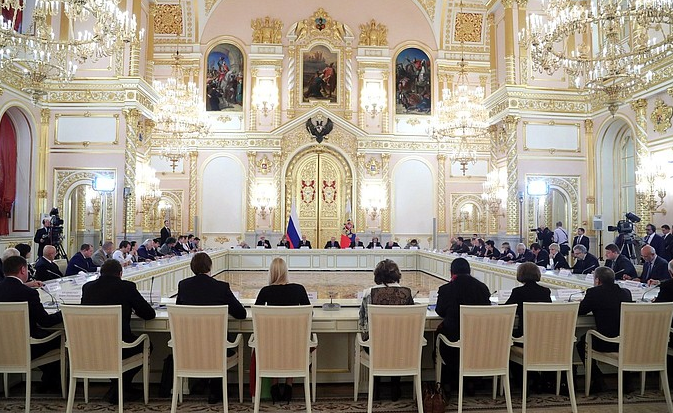MOSCOW, July 16 (RAPSI) – Higher incidence of attempts to sanction journalists for allegedly fake news, even in some cases where the respective information was later proved to be true, has been registered amid the COVID-19 pandemic, according to the press service of the Presidential Council for Human Rights citing the data presented by the Protection of Media Rights monitoring center.
Earlier, the monitoring body established at the Council’s Standing Commission on Freedom of Information and Rights of Journalists has reported on all signals about alleged violations of mass media workers it registered in March through June 2020.
Among other violations, the Center registered threats to and attacks on journalists; the monitors believe these incidents were facilitated by the fact that a provision of criminal law setting punishments for such actions has been applied too hesitantly. Most frequently the pressure on journalists comes from representatives of regional and local authorities, law enforcement officers; less frequently such cases are registered as concerns business structures, according to the Center’s head Alexander Alymov.
The collected data indicate that practices aimed at barring access to information have been widely employed across a number of regions, where doors to certain events are often closed for journalists if the hosts dislike them for some reason, what is also contrary to the national law, Alymov observes.
Higher incidence of attempts to persecute journalists for allegedly fake news even if the published information later proved to be true has been registered at the time of the pandemic, the monitors note adding that in some such cases court hearings were closed for the public.
The monitoring center Protection of Media Rights was founded in March 2019 with the aim to create a system of monitoring of observance of journalists’ rights in Russia’s regions.



